Thick walls of grey concrete substructure have begun to rise at the site of the massive North Shore Wastewater Treatment Plant in the District of North Vancouver.
Slowly, but surely, the facility is taking shape.
Activity will ramp up over the summer. Additional equipment is now being brought onsite. Crews will be doing survey and maintenance work, building concrete forms for the complex, and erecting scaffolding.
The project, on a parcel of land along West 1st Street between Philip and Pemberton avenues, is one of the largest construction projects underway in the province.
“What they’re focusing on is really doing some of the 3D laser scanning of the entire site,” explains Cheryl Nelms, general manager of project delivery for Metro Vancouver, who is overseeing the project. “They’re basically looking to create as-builts of what’s been completed to date and just mark areas where there’s been concrete deficiencies.”
Engineers are presently looking at how to move forward with the plant. Spanish giant Acciona Wastewater Solutions, the original contractor on the project, was fired last fall. Since then, consulting firm AECOM has been hired to complete the design and provide construction management services, working alongside PCL.
Acciona sued Metro Vancouver for $250 million in April, alleging it was impossible to build the plant on the site in accordance with requirements in the project agreement without changes that will result in the $622-million cost of the venture being hiked to more than $1 billion.
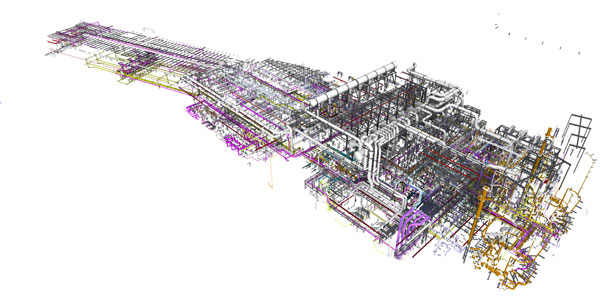
Metro Vancouver has responded to the claim and is countersuing Acciona, indicating that damages, costs and expenses to the Greater Vancouver Sewerage and Drainage District (GVS&DD) will exceed $500 million.
“The original contractor was responsible for both designing and building and there was a termination of that contract, so basically what’s happening now is we have two new contracts,” says Nelms. “It’s still an active jobsite, but since we terminated we’ve had to transfer equipment and materials and the site over to the new contractor.”
The design was 70 to 80 per cent complete and AECOM will finish the job. AECOM had been working on parts of the project but will now be responsible for design of the entire project.
The plant will replace the Lions Gate Wastewater Treatment Plant. It will deliver tertiary treatment that exceeds federal regulatory requirements and improve the quality of wastewater being released into the marine environment in the area.
The facility will serve about 250,000 residents in the districts of West and North Vancouver, the City of North Vancouver and the Squamish and Tsleil-Waututh Nations.
It will be a two-storey structure with a modern design and public space outside the building. The plant is being built to LEED Gold standards and will feature the latest seismic upgrades.
The heat recovery system of the plant is designed to cut greenhouse gas emissions by 7,200 tonnes per year compared to the existing Lions Gate plant.
The plant will have a number of energy recovery features. For example, it will recoup thermal energy from effluent using a district energy system. Biogas will also be used for boilers and two large, 25-metre-tall cylindrical digesters at the plant, 22 metres in diameter, will use the latest energy recovery opportunities and technology.
The plant will also conserve water resources through the harvest of rainwater and reclamation of treated effluent water for use within operations and other non-potable purposes.
A big issue facing work crews is the size of the site itself.
“It’s certainly a tight site,” says Nelms. “That’s been well-known and recognized since we awarded the contract to the original contractor. The interesting thing is that it’s a stacked building, a stacked facility, and that in itself is a bit of a challenge. There’s thousands of kilometres of pipe that you’ve got to fit into that space.”
The contractor and trades are using Building Information Modelling, or BIM, to keep everybody in the loop.
The project was scheduled to be completed in 2020, but in 2019 Metro Vancouver gave the contractor until the end of 2023 to complete the structure. Both the timeline and budget for the project are now up in the air. Originally, the plant was to cost $504 million but in 2020 the price tag was revised to $622 million.
Metro Vancouver has budgeted a cost of $1.058 billion for a program of work consisting of the treatment plant along with a pumping station and two-kilometre-long conveyance pipe, both of which have been completed.
“We are working with PCL to create and understand what the future costs will be,” says Nelms. “To create that cost we need a new plan to complete the project.”
AECOM and PCL are working collaboratively with the GVS&DD and a new schedule and budget is scheduled to be brought to Metro Vancouver’s board of directors by the end of this year or early in 2023.
“Transitioning a project after a termination is challenging and I think we’ve been really successful at doing that with a leading consultant, a global consultant and a global contractor that both have experience in the region,” says Nelms.


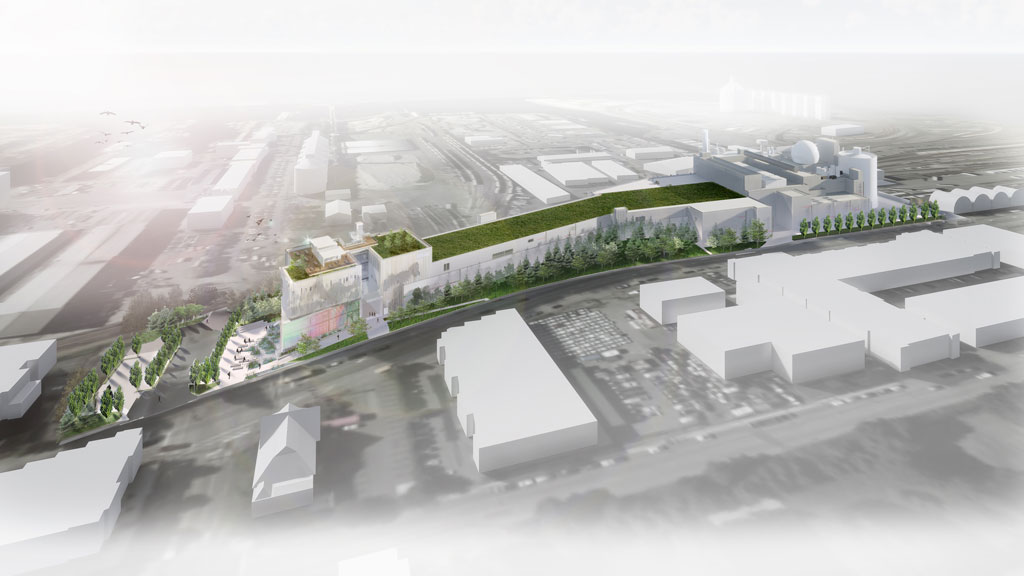
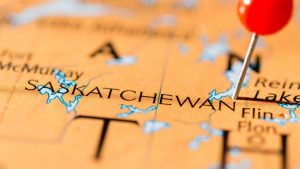
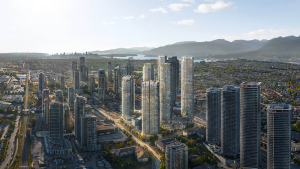
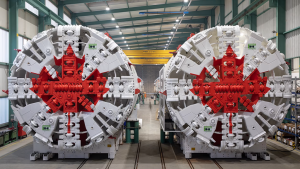

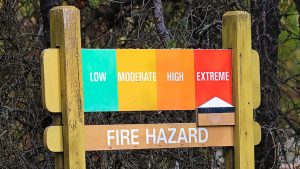

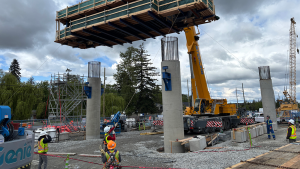
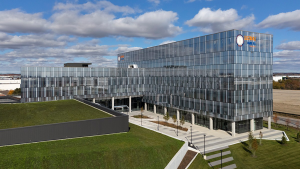
Recent Comments